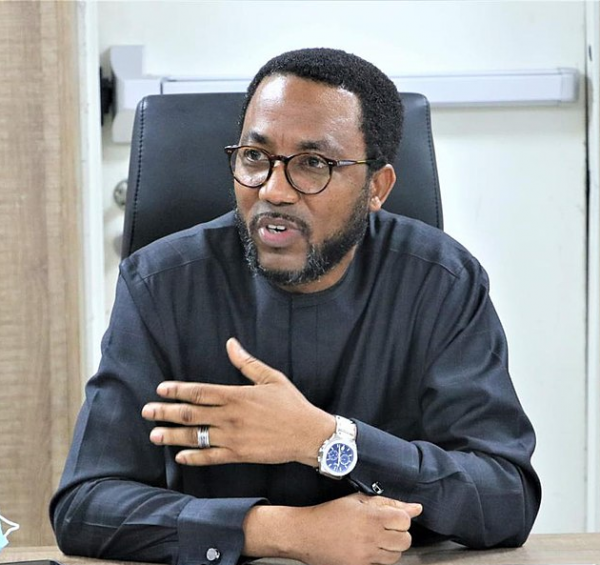Shipping Companies To Provide Holding Bays For 65% Annual Traffic – Usman

By Kenneth Jukpor
In a bid to ensure smooth operations of the impending Electronic Truck call-up system (Eto) at the ports, shipping companies have been mandated to own and utilize empty container holding bays with capacity for 65 percent of their annual cargo traffic.
The Managing Director of Nigerian Ports Authority (NPA) Hadiza Bala-Usman revealed this while briefing journalists on the electronic platform, earlier today.
Usman noted that the lack of empty container holding bays by shipping companies was part of the root causes of traffic gridlock in the port environs, as trucks rush into the ports to discharge empties.
Speaking via a virtual platform, the NPA Managing Director assured that Eto will deal with the issues around the return of empty containers and loss of container deposits as a result of traffic gridlock.
“All empty containers must be dropped at shipping companies holding bays and at that point importers and their freight agents would access their deposits,” she said.
While she noted that shipping companies are already displaying some degree of push back on Eto, the NPA boss posited that part of the annual registration of shipping lines will be tied to their provision of empty container holding bays.
She also said Eto would prioritize reefer containers and export cargoes, stating that an export processing segment has been created at Lilypond.
As part of efforts to prevent dumping of empty containers in the country, Usman advised to shipping companies to evacuate empties equivalent to their yearly imports.
The NPA boss also appealed to port stakeholders to support the innovative e-truck call-up system, assuring that the Authority would continue to have extensive stakeholders engagement.
According to her, eight truck parks have been approved for the the electronic truck call-up system.
Speaking on barge operations, she revealed that NPA has developed Standard Operating Procedures (SOP) for barge operations, stressing that there will be stricter licensing regime for operators.
Looking at a holistic approach to address the overconcentration of cargoes at Lagos ports, the NPA Managing Director noted that Onne port is gradually becoming a container hub.
She attributed this improvement to the waivers on harbour dues in the area and stressed the discount for Eastern ports would continue.








